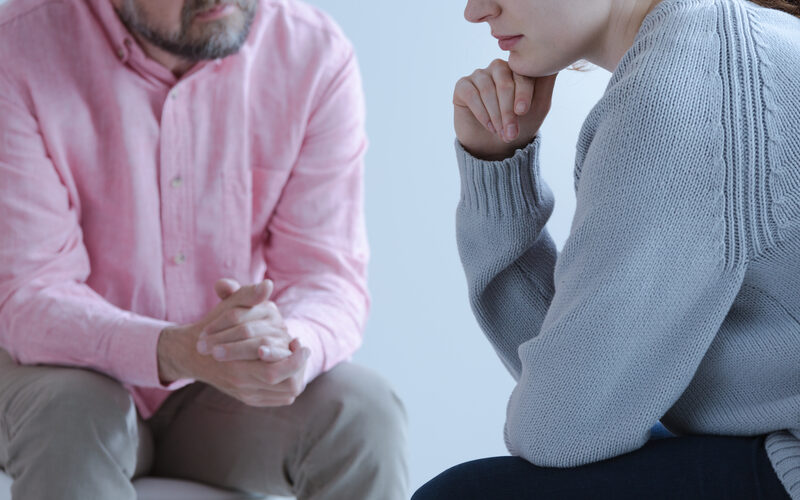Enduring the loss of a family member can be one of the most profoundly challenging experiences. It brings about deep sorrow and, at times, a daunting array of tasks and responsibilities. Navigating this journey alone can intensify the burdens and hinder the healing process. Here’s why sharing this journey with others, whether they are friends, family, or professional counselors, is beneficial.
You Need Emotional Support
Grief is a complex, multidimensional process. It can bring a torrent of emotions such as sadness, anger, guilt, and even relief. It’s common to feel overwhelmed by these feelings and struggle to manage them alone. Emotional support during this period is crucial. Loved ones can provide a safe space to express feelings freely, facilitating emotional processing. Sometimes, simply having someone who listens without judgment can provide immense relief. Professional grief counselors or support groups offer another avenue of help. They understand the nuances of grief, can provide coping strategies, and give reassurance that these feelings, though painful, are a normal part of the grieving process.
There’s a Lot to Do
Post-death responsibilities can add considerable strain to an already stressful situation. From funeral arrangements to estate settlement, these tasks can seem endless. Estate settlement can take time and effort that you may not have, particularly when grappling with personal loss. Engaging with professionals such as funeral directors, estate lawyers, or financial advisors can alleviate this burden. These experts can navigate the legal and financial complexities, allowing more space for you to focus on emotional healing. Family and friends can also lend a hand. They can assist with practical matters like sorting belongings or coordinating memorial services, or simply provide companionship during these tasks. Sharing these responsibilities can make them less overwhelming.
Healing Takes Time
Healing is not an overnight process. It’s a journey that varies for each individual and can take weeks, months, or even years. During this time, consistent support can be invaluable. Regular check-ins from friends or family can provide ongoing comfort. Professional help, such as therapy or wellness coaching, can also be beneficial. These experts can guide you through the phases of grief, provide coping mechanisms, and aid in finding a renewed sense of purpose. Spiritual guidance, whether through a faith community or personal spiritual practices, can provide a source of solace. Many find comfort in prayer, meditation, or other spiritual rituals during the healing process.
Facing the aftermath of a family death is undeniably tough. However, remember that it’s a journey that you don’t have to — and shouldn’t — travel alone. By leaning on the support of loved ones and professionals, the weight of the journey can be shared, making space for healing and ultimately resilience.
You might also like to read: When You Should Put a Pause on Your Skincare Routine






